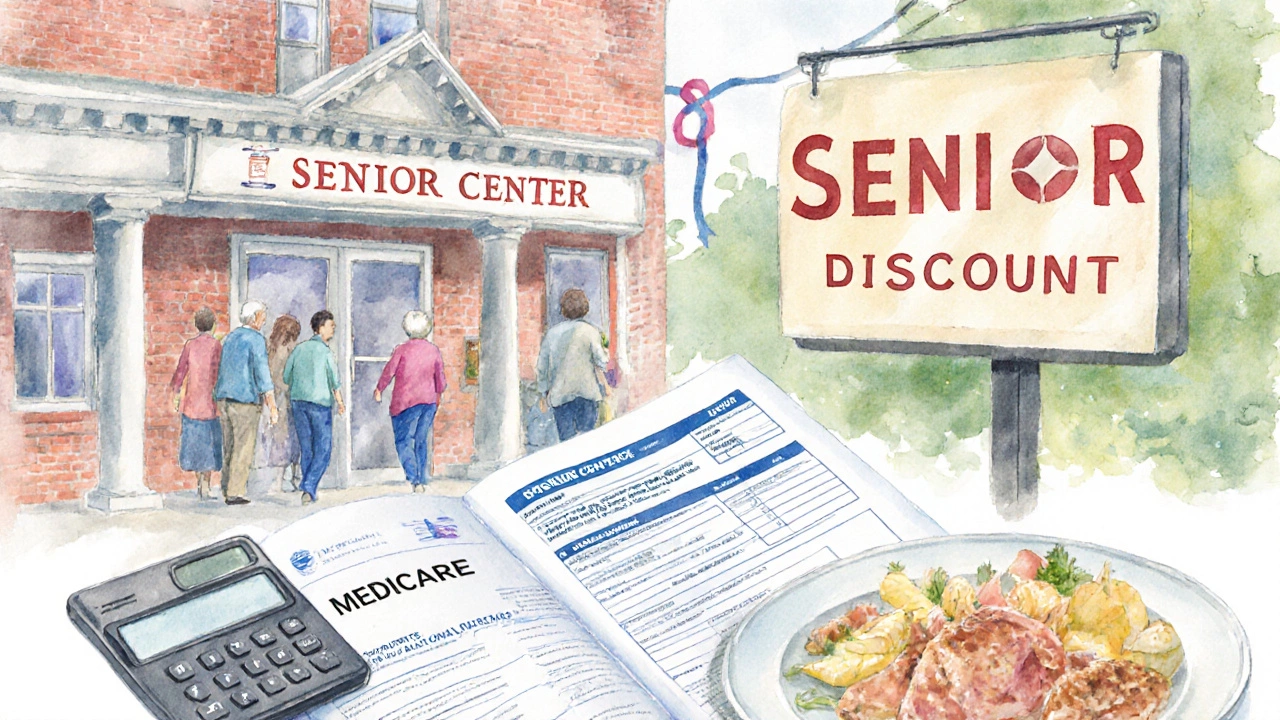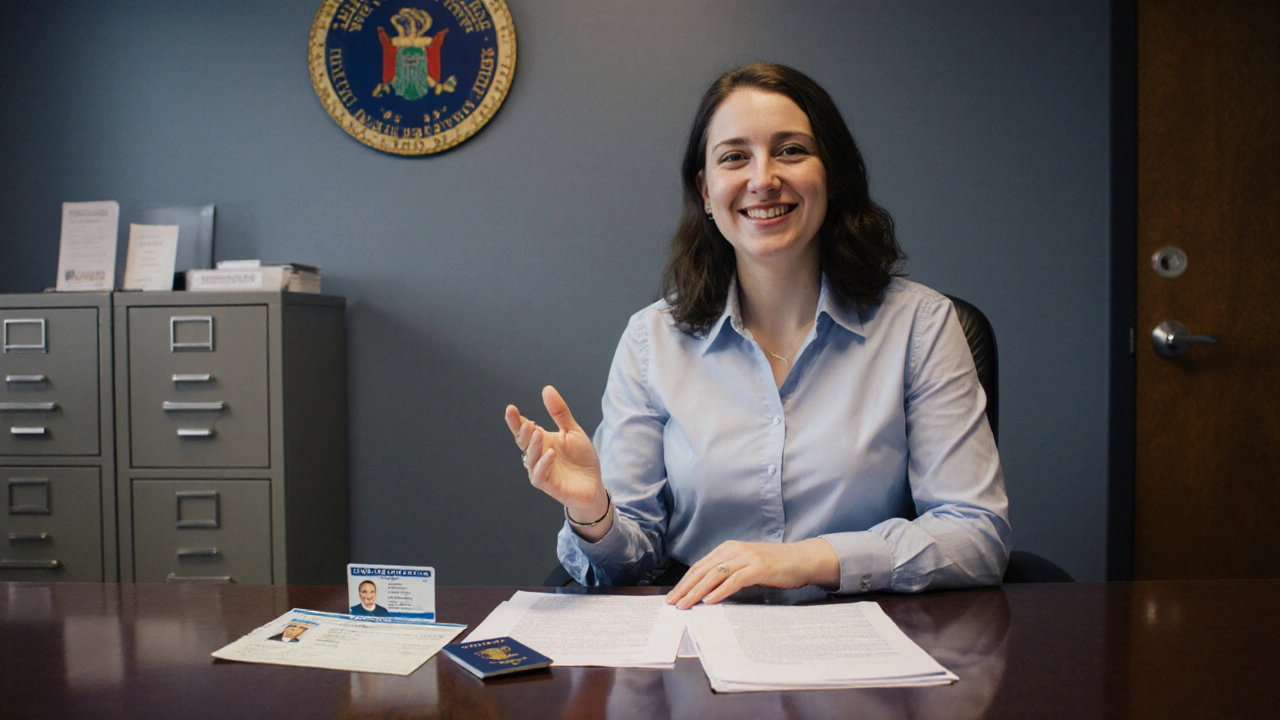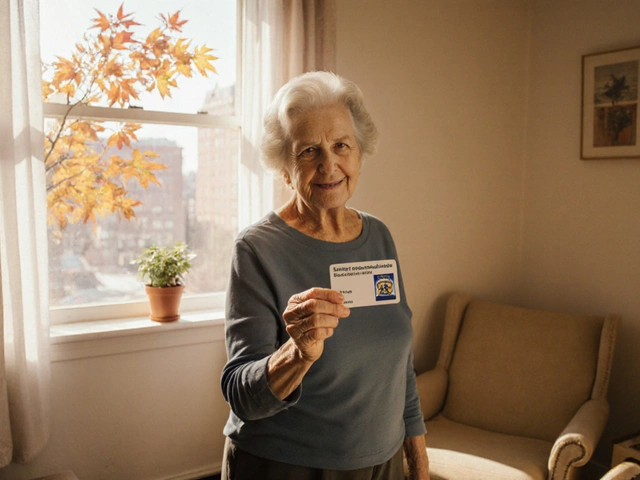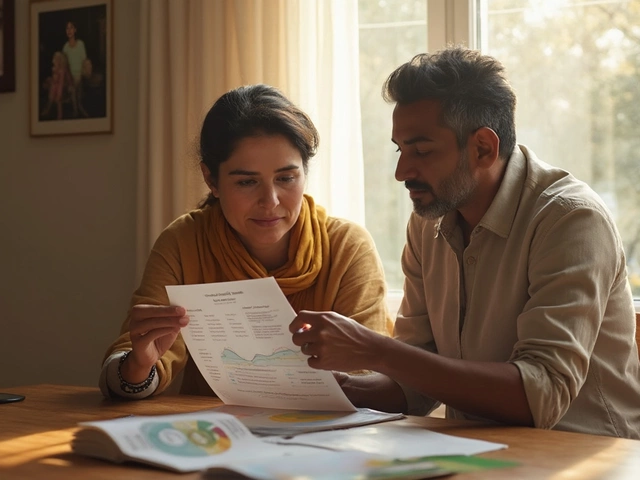Massachusetts Senior Benefits Eligibility Checker
Check Your Eligibility
Enter your age to see which Massachusetts senior benefits you qualify for.
Your Eligibility
Based on your age of , you qualify for:
- Medicare Medicare Part A & B (Age 65)
- MassHealth MassHealth (Senior/Disabled) (Age 65 or 62 with disability)
- Tax Relief Senior Property Tax Relief (Age 65)
- Senior Centers Senior Center Access Program (Age 60)
- Discounts Most Private Senior Discounts (Age 62)
Important note: Many benefits have specific requirements beyond age. Check with the relevant agency for full eligibility details.
For questions about Medicare, contact Social Security at 1-800-772-1213. For MassHealth, call 1-877-642-HELP.
Quick Summary
- Massachusetts officially calls someone a senior citizen at age 65, but many programs start at 62 or even 60.
- Medicare, MassHealth, and senior discounts are tied to specific age thresholds.
- Proof of age can be shown with a driver’s license, birth certificate, or a state‑issued senior ID.
- Key agencies: Massachusetts Department of Elder Affairs coordinates state‑wide services for older adults, MassHealth, and the Social Security Administration.
- Use the reference table below to match your age with the benefits you qualify for.
In Massachusetts, the term senior citizen refers to an individual who meets the age criteria set by state law for senior‑related programs and protections is more than just a label-it determines eligibility for health care, tax relief, and legal safeguards. While the federal benchmark for most senior programs is 65, the Commonwealth has carved out its own set of ages for different services. Understanding those cut‑offs helps you or a loved one access the right resources at the right time.
What Age Does Massachusetts Call a Senior Citizen?
The baseline definition comes from Massachusetts state statutes and administrative rules that outline senior status for program eligibility. Under General Laws Chapter 93, § 16, a "senior citizen" is anyone who is 65 years or older. This is the age used for most government‑run benefits, such as eligibility for the Senior Property Tax Relief program and the state’s Senior Citizens’ Home Care Assistance.
However, the state also recognizes younger seniors for specific purposes:
- Age 62 - Many private businesses (restaurants, theaters, museums) and some public entities grant senior discounts starting at 62.
- Age 60 - The Massachusetts Department of Elder Affairs runs the “Senior Center Access Program” for residents aged 60 and above, offering free or reduced‑cost entry to community centers.
- Age 55 - Certain employer‑based retirement plans and the Veterans Administration consider 55 as a milestone for early retirement benefits.
So, while the legal definition sits at 65, practical eligibility can begin as early as 55 depending on the program.

Key Senior Programs and Their Age Thresholds
Below is a side‑by‑side look at the most common senior‑focused benefits in the Bay State and the exact age when you become eligible.
| Program / Benefit | Eligibility Age | Administered By |
|---|---|---|
| Medicare Part A & B | 65 | Social Security Administration |
| MassHealth (Senior/Disabled) | 65 (or 62 with disability) | MassHealth |
| Senior Property Tax Relief | 65 | Massachusetts Department of Revenue |
| Senior Center Access | 60 | Massachusetts Department of Elder Affairs |
| Most Private Senior Discounts | 62 | Individual businesses |
| Veterans Early Retirement Benefits | 55 | Veterans Administration |
Notice how the same age (65) appears for several federal and state programs, but other services have distinct cut‑offs. Knowing where you stand helps you avoid missing out on savings or health coverage.
How to Prove Your Age for Senior Benefits
Most agencies require one of the following documents:
- Massachusetts driver’s license or state ID (shows birth date and photo).
- Certified birth certificate.
- U.S. passport.
- Senior ID card issued by the Massachusetts Department of Elder Affairs (useful for discounts that accept only a senior‑specific card).
When applying for Medicaid‑related programs like MassHealth, you’ll also need to submit a recent utility bill or lease agreement to verify residency. For federal programs such as Medicare, the Social Security Administration automatically checks the birth date on your SSN record, so you generally just need to provide your SSN during enrollment.

Resources and Agencies to Contact
Here’s a quick list of the most reliable contacts for senior‑related questions in the Commonwealth:
- Massachusetts Department of Elder Affairs offers a senior hotline (1‑800‑555‑0181) and maintains an online benefits navigator.
- MassHealth handles Medicaid enrollment, eligibility checks, and plan selection for seniors - call 1‑877‑642‑HELP.
- Social Security Administration processes Medicare enrollment and provides retirement benefit statements - visit local SSA office or call 1‑800‑772‑1213.
- Massachusetts Department of Revenue administers senior property tax relief and other fiscal credits - online portal at mass.gov/dor.
- U.S. Census Bureau tracks demographic data on seniors, useful for research and community planning - data.maryland.gov/census.
Each agency typically offers a printable eligibility checklist, so you can gather the right paperwork before you call.
Frequently Asked Questions
Do I need to be 65 to qualify for any senior discount?
No. Most private merchants start discounts at 62, and the state’s senior center program begins at 60. Check each business’s policy before you go.
Can a senior citizen under 65 get Medicare?
Only if they have a qualifying disability or end‑stage renal disease. In those cases, Medicare can start as early as age 50.
Is there a free senior ID card in Massachusetts?
Yes. The Massachusetts Department of Elder Affairs issues a free senior identification card that many local businesses accept for discounts.
What if I’m a veteran and only 55?
Veterans can tap into the Veterans Administration’s early retirement benefits at 55, which include health‑care vouchers and pension options.
Does the Massachusetts Age Discrimination Act protect seniors under 65?
The Act applies to anyone 40 years or older, so seniors aged 55, 60, or 62 are fully covered against workplace age bias.
Knowing the exact senior citizen age Massachusetts cut‑offs helps you plan for retirement, health coverage, and everyday savings. Keep this guide handy, verify your documents early, and reach out to the agencies listed above to make the most of the benefits you deserve.





